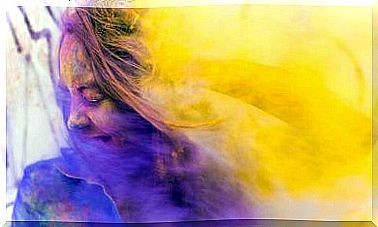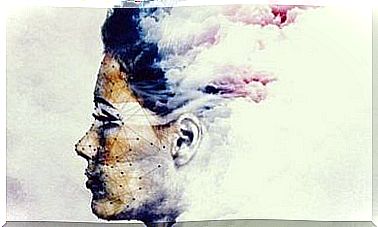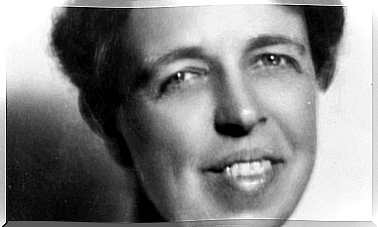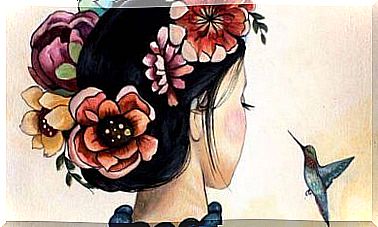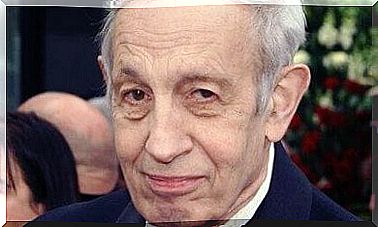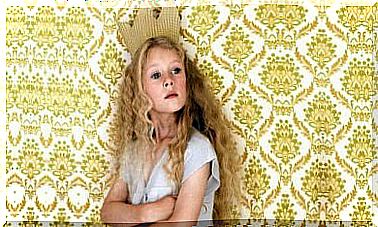Daniel Lagache And French Psychoanalysis
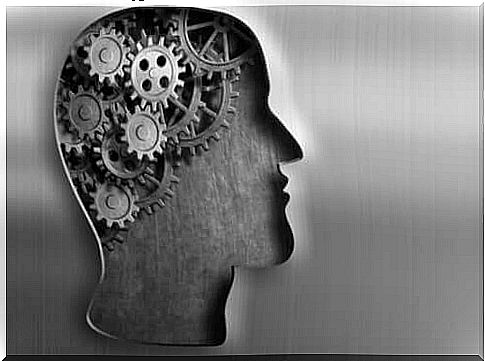
Daniel Lagache was part of what was called “the second psychoanalytic generation” in France. Its performance was remarkable in the country, as it marked important milestones such as the separation between psychology and philosophy, demarcating a border of autonomy between the two disciplines.
It was also Daniel Lagache who brought psychoanalysis to university. Likewise, he worked to establish stable communication bridges between medicine and psychoanalysis and between the latter and psychology. His work generated fruitful epistemological debates, which have been picked up in psychoanalytic practice as a whole.
Lagache was also one of the pioneers of what has been called Laienanalyse or “secular analysis”. This position fostered the idea that to be a psychoanalyst it was not necessary to study medicine before. Daniel Lagache, unlike Jacques Lacan, bet on the fact that this field was outside the field of psychologists.
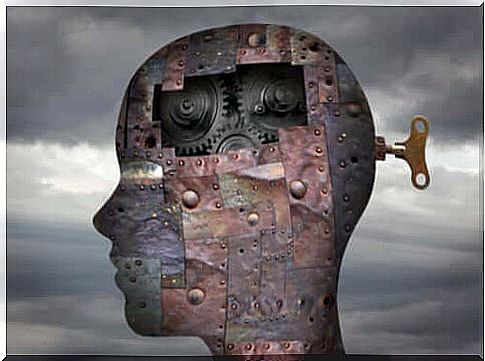
Who was Daniel Lagache?
Daniel Lagache was born in Paris on December 3, 1903. He came from a wealthy family which gave him a first-rate education. His father was a prestigious lawyer, who died when Lagache was only 13 years old. From then on, the family was taken care of by the mother.
The family situation was tense, as Daniel’s mother had a clear preference for her brother. This situation led him to incubate a very deep jealousy. In fact, a good part of his work is devoted to the theme of jealousy , in the different contexts of human relations.
In 1924, Daniel Lagache entered the Ecole Normale Supérieure in Paris. Some of his classmates were Jean Paul Sartre, Paul Nizan, Raymond Aron or even Georges Canguilhem. Friendships with these great thinkers exerted a notable influence on his training, which quickly turned to philosophy.
The encounter with psychoanalysis
At that time, philosophy and psychology were part of the same field. Normalists usually attended the presentation of cases of mental illness. Lagache had access to the courses given in this regard by Georges Dumas. This encouraged him to orient his studies towards medicine and psychology.
Lagache was first attached to philosophy, then interned in various psychiatric hospitals. He later became the head of the clinic. During his training, his teacher was Gaétan Gatian de Cléarambault, a famous psychiatrist and ethnologist.
In 1934, he presented an article on verbal hallucinations, which became his undergraduate thesis in psychiatry. Initially, he was mainly interested in passionate psychosis and paranoia.
The influence of the philosopher Karl Jaspers on his thought is remarkable. However, he did a psychoanalysis with Rudolph Loewenstein and thus came into contact with the ideas of Sigmund Freud.
French Society of Psychoanalysis
Daniel Lagache became a university professor, with the title of “lecturer in psychology”, at the faculty of Strasbourg. In 1938, he personally met Sigmund Freud. From 1947, he became director of the psychology diploma at the University of the Sorbonne.
Lagache was a staunch Freudian and also an academic of brilliant debates. In 1963, he was expelled from the Psychoanalytic Society of Paris and from the International Psychoanalysis Association (IPA) with Jacques Lacan. Both had argued that the ideas and practices of these institutions did not adhere to the essential principles of psychoanalysis.
Along with Lacan and Dolto, Lagache was one of the founders of the French Society of Psychoanalysis. The aim was to promote a return to Freudian principles. All believed that the official spokespersons were excessively influenced by other currents of psychology, such as behaviorism.
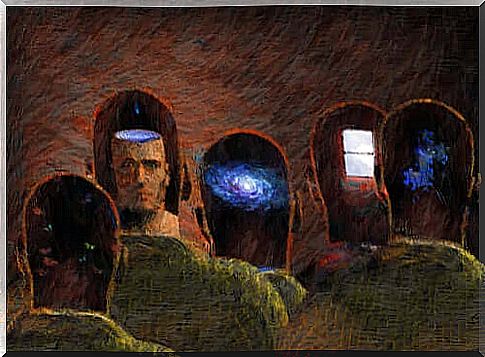
Ruptures and legacy of Daniel Lagache
One of the first tasks of the French Society of Psychoanalysis was to prepare a Dictionary of Psychoanalysis. The aim was to collect and clarify the basic terms and concepts of this discipline. Lagache collaborated on it.
Daniel Lagache later moved away from Lacan. The latter was in favor of establishing a well-defined boundary between psychology and psychoanalysis, and Lagache disagreed. Likewise, they did not coincide in his theory of personality.
Such a difference precipitated a rupture and, in 1963, he founded the French Association of Psychoanalysis. Several prestigious “third generation” psychoanalysts accompanied him. Daniel Lagache died in Paris on his 69th birthday.

